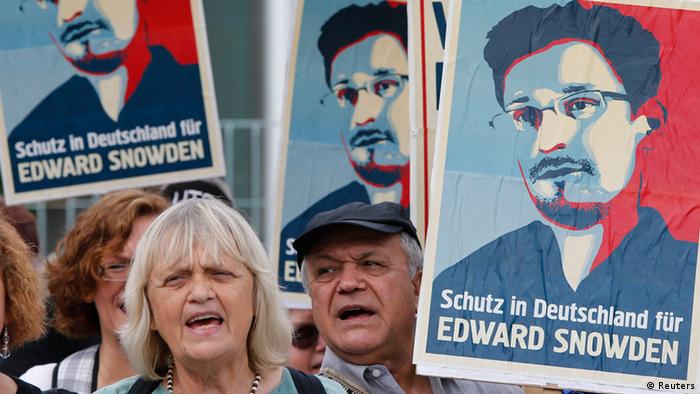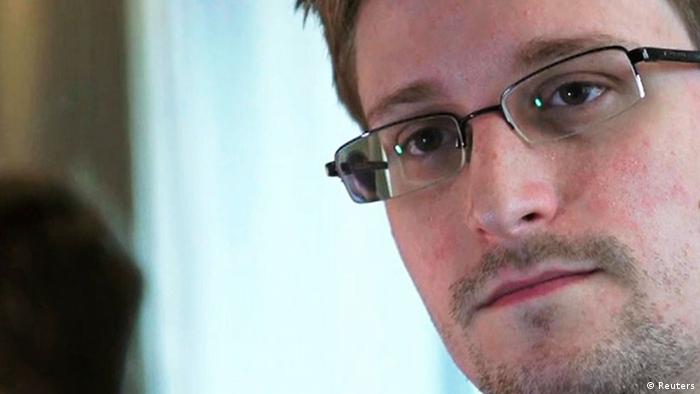Should Europe be doing more to protect whistleblowers like Edward Snowden? Christian Mihr, executive director of Reporters without Borders, told DW that he certainly thinks so.
Deutsche Welle: Should Europe be doing more to protect whistleblowers? After all, the EU won the Nobel Peace Prize for protecting and defending Human Rights. So should the EU take Edward Snowden in?
Christian Mihr: I think definitely a European country should take Snowden in. It might be difficult to take him in via asylum laws, as that can be a bit tricky to argue, but there are other ways. Let's talk about Germany, since we are based in Germany. Our country could help him, we could grant him the right to stay on humanitarian grounds, that is - by law - possible and we feel Germany should do this.
So why isn't Germany doing this?
Probably one reason is because the US is an important ally. But that country is also somehow a bit of a contradiction, because on the one hand the US remains a world leader in upholding freedom of expression, but on the other hand, when we talk about whistleblowers, the US are not protecting freedom of their expression, at least in this case.
The OSCE and the Council of Europe say that whistleblowers should be protected if they act in good faith, which Snowden has done, so is this case making European governments look rather weak?
I would say yes. We are hoping that public pressure will lead to a rethink by our governments. That's why it's very important that European governments should grant Snowden a right to stay on humanitarian grounds. I think that European governments and governments all over the world need to reinforce their laws, and really advance the acceptance of whistleblowers. Edward Snowden's revelations are very, very important, and there seems no doubt that they are in the public interest, given what we've found out about mass surveillance. It wouldn't have been possible without a whistleblower, and there are several other important revelations which have been published with the help of whistleblowers.
But what's the point of having these laws to protect whistleblowers if no one dares to enforce them without, in this case for example, annoying Washington?
Of course there is always a fear about this. Whistleblowers often act to blow the whistle about what governments are doing, or what is happening in the environment, so there is always a certain ambivalence about them, as people in power always fear revelations about their work.
Snowden's revelations have triggered a much bigger problem for Europe too, as we've discovered the extent of the surveillance that companies and the US have been perpetrating on citizens here in Europe, how can that be combated?
First of all we need transparency. The merit of Snowden's revelations, which have been published by important newspapers like the Guardian in the UK and Der Spiegel in Germany, is that we now have some transparency about the extent and the scandal of surveillance. Now we need to make sure that we get rid of double standards. We believe that such mass surveillance is a contradiction to human rights, freedom of information and press freedom. So we are asking the German government and all governments in the EU to review the so-called "safe harbor" treaty. This "safe harbor" treaty between the EU and the US [under which US companies can self-certify that they comply with EU privacy standards] should secure data security standards. Obviously, now we know what we know, this treaty really should be reviewed. dw de



No comments:
Post a Comment